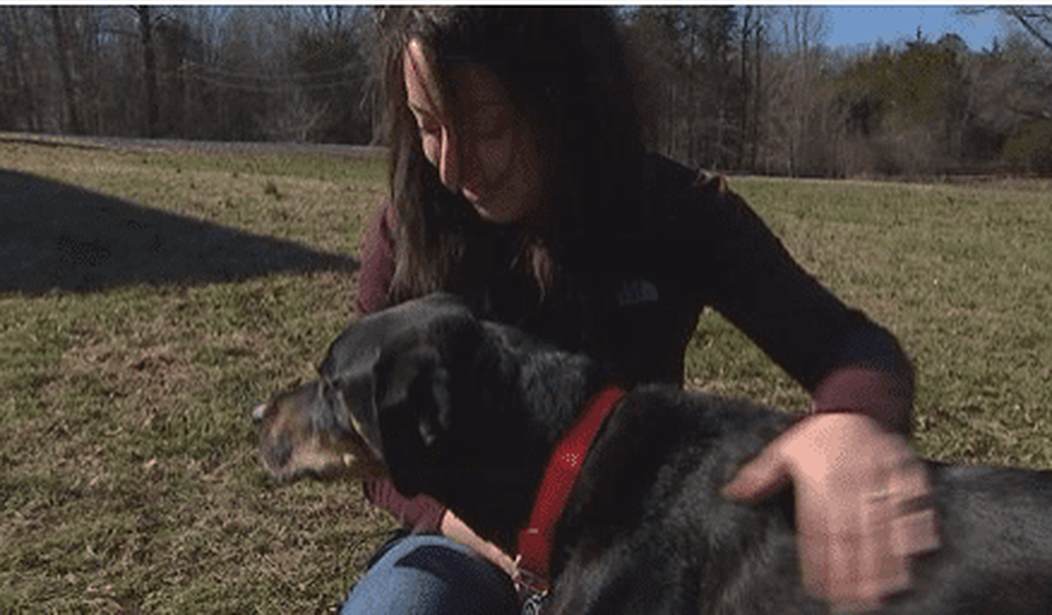In our ever more digitally connected world, there are vast new frontiers of personal information available on us as individuals for anyone who wants to find it. Oversharing on social media has all sorts of unintended consequences, as a young woman in North Carolina recently found out.
When Melina Efthimiadis applied for new insurance coverage, she had no idea that pictures posted on her Facebook page would cause her to be denied. That’s exactly what happened, however. When she and her husband tried to add personal umbrella liability to their Nationwide homeowner’s insurance, they didn’t think there would be an issue. By all appearances, they are a young, responsible, low-risk couple. So when their application was denied, they were caught by surprise.
This is the point in the story where it’s important to point out that Melina is a veterinarian. This will come in handy a little further down.
When she found out the reason, she was even more surprised. As part of their background investigation, the insurance company checked out Melina’s Facebook page. What they found there were seemingly innocent pictures of her family life — vacation photos, fun activities with her husband, and photos of their three dogs.
The insurance company denied the couple’s request because they failed to report owning a dangerous dog breed, according to Nationwide. Melina had reported on the application that the couple owned three dogs — a Shih Tzu, a hound, and a Lab/hound mix. The insurance company claimed that the couple failed to disclose that they owned a Rottweiler mix, considered a “dangerous breed.” The proof was a picture posted on Facebook of her three dogs playing in the snow.
Remember her profession, mentioned just above? One might think that a veterinarian would be able to determine which breed her own dog is. Never mind being able to determine whether an individual dog is dangerous, regardless of breed. She told the local news, “They sent us the pictures that they had taken off of my Facebook page of my dog, Zeus, who is a lab/hound mix. In the picture, the dogs are running through the snow with their blankets on. It just didn’t seem that threatening to me.”
In any event, being a veterinarian, it wasn’t hard for her to prove her case. The insurance company relented, but the couple decided to switch insurance companies anyway. She has now set all her accounts to private, saying, “Be careful of what you post on Facebook. It’s sad that you can’t post pictures of your beloved pet on your own Facebook page and have it public.”
Oversharing is a real thing, and it seems to be increasing. I’ve previously pointed out that kids are less than thrilled about proud parents posting all sorts of cute/funny/embarrassing stuff about them. A recent study reveals: “Children were twice as likely to report that adults should not ‘overshare’ by posting information about children online without permission. Children were also significantly more likely to report that adults should be held to the same rules as children and that adults should respect children’s autonomy with technology.”
Tips for Dealing with Social Media Oversharing
It’s also not a stretch to consider your own personal financial privacy when sharing online. There are a million seemingly inconsequential details that can be used for purposes you never considered. This story about insurance denial is one. Do you have pics of yourself smoking a cigar or bungee jumping? Will that affect a life insurance policy, or drive up your health care premiums? What about collection agencies or future employers? I’ve worked in credit and collections in the past, and it is amazing what little nuggets can be gleaned from Facebook or LinkedIn.
When life’s details are shared, it can bring us closer together and enhance our personal relationships. On the other hand, it can bring us closer together with people and entities that don’t have our best interest in mind. Buyer beware.
https://youtu.be/whkKsjxiqXs










Join the conversation as a VIP Member